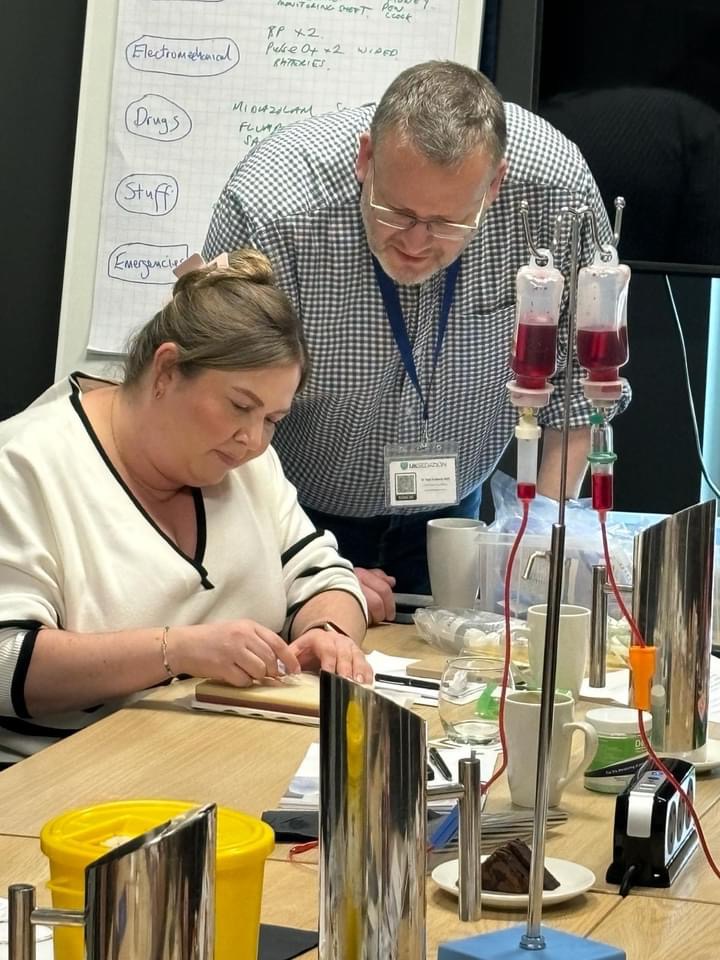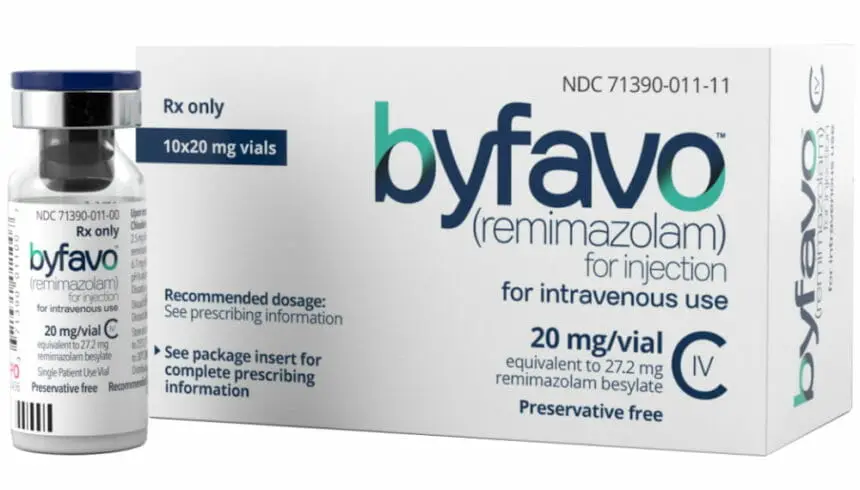Dental Nurse Sedation Course: Everything You Need to Know to enhance your career

Looking to expand your role as a dental nurse? Learn about dental nurse sedation training, what it involves, and how to become a qualified sedation dental nurse in the UK.
Why Dental Sedation Training is a Great Step for Dental Nurses
If you’re a registered dental nurse looking to expand your clinical skills and career opportunities, dental sedation training is an excellent next step. Sedation-trained dental nurses play a vital role in supporting patients undergoing treatment under conscious sedation. From patient monitoring to recovery support, your contribution helps make dental treatment safer and more comfortable.
In this post, we’ll explore what dental nurse sedation training involves, how to get started, and where it can take your career.
What is a Dental Sedation Course for Nurses?
Dental sedation training equips dental nurses with the knowledge and skills needed to assist during sedation procedures. This includes:
Understanding different types of conscious sedation (IV and inhalation)
Monitoring vital signs and recognising medical emergencies
Supporting patient safety, anxiety management, and recovery
Working within GDC and IACSD guidelines
Training typically follows the guidelines set by the Intercollegiate Advisory Committee for Sedation in Dentistry (IACSD) and includes both theory and supervised clinical experience.
Who Can Take Dental Sedation Training?
To enrol, you must:
Be a GDC-registered dental nurse
Have basic life support (BLS) and Immediate Life Support (ILS) certification
Work in a clinical setting where conscious sedation is performed
This ensures you can complete the required number of supervised sedation cases during your training.
What Does the Training Involve?
A typical dental nurse sedation training course will include:
Online or classroom-based theory modules
Covering pharmacology, patient assessment, sedation techniques, and managing complications.
Supervised clinical experience
Usually includes assisting with a minimum number of sedation cases (commonly 20 IV or 10 inhalation cases).
Workplace-based assessments and reflective logs
Final case-based discussion or portfolio review
Career Benefits for Sedation-Trained Dental Nurses
Adding sedation training to your skillset opens up new professional opportunities, such as:
Working in special care dentistry, implant dentistry, or oral surgery settings
Increasing your value in private practice and sedation referral centres
Enhancing patient care for anxious or medically complex patients
Boosting your confidence and clinical decision-making skills
Finding a Dental Sedation Training Course
When searching for a course, look for:
IACSD-compliant or accredited providers
Courses offering hands-on clinical support
Providers with experienced sedation mentors or supervisors
Providers like UKSedation, SAAD, and HEE-endorsed training centres are good starting points.
Common Questions People Ask
How long does sedation training for dental nurses take?
Most courses last 3–6 months, depending on clinical availability and learning pace.
Do dental nurses give sedation?
No – only dentists or doctors can administer sedation, but dental nurses are essential for monitoring and safety.
Is sedation training mandatory?
It’s required if you’re assisting during sedation procedures and want to work within IACSD and GDC guidelines.
Final Thoughts
Dental nurse sedation training is a smart move for career-focused dental nurses. Not only does it expand your skillset and confidence, but it also plays a crucial role in improving patient experience. With demand for sedation services growing, now is a great time to invest in your training.




Responses